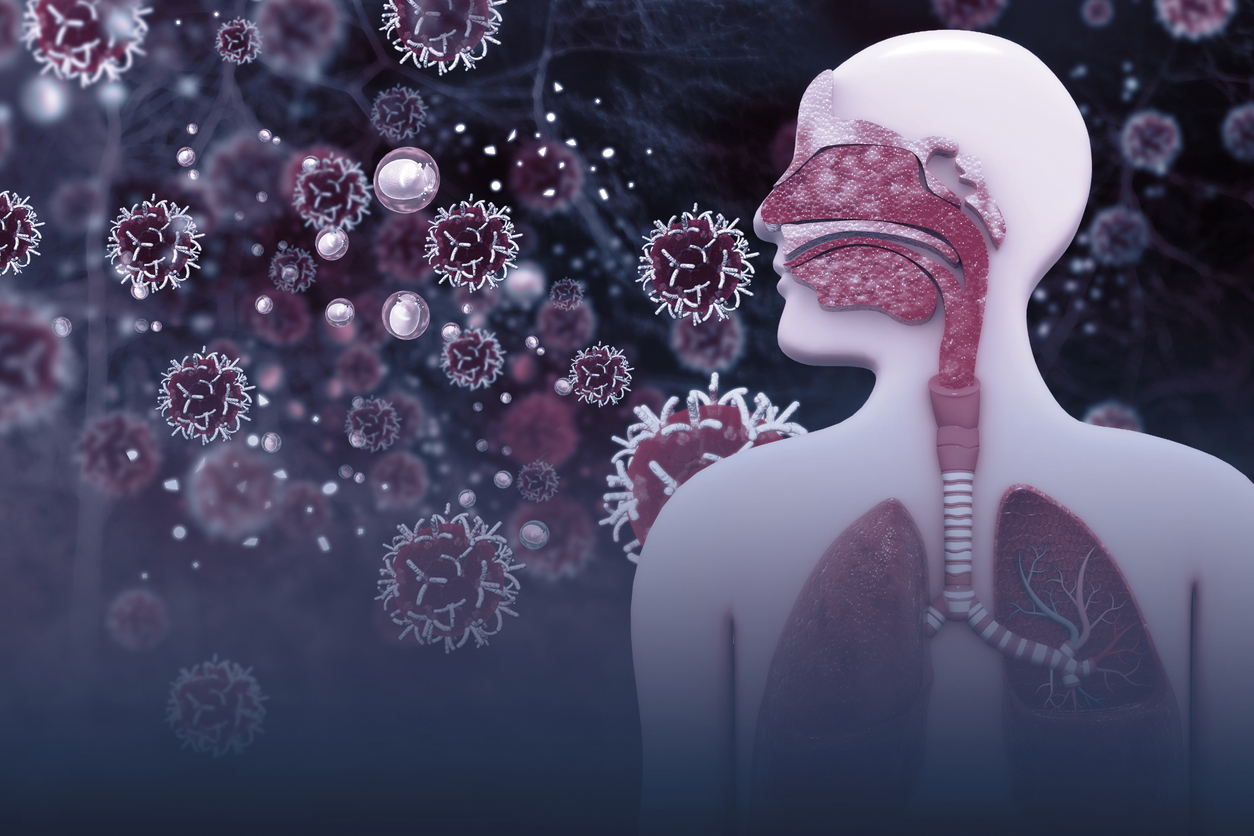The Protective Role of the Nasal Microbiome
Nasal Immune Modulation for Allergies
The nasal cavity is a primary defense against environmental threats. It houses commensal bacteria that suppress harmful pathogen colonization.
These beneficial bacteria compete for space and nutrients, and some even produce toxic compounds that inhibit or kill competing harmful microorganisms.
Factors Influencing the Nasal Microbiome. The composition of the nasal microbiome isn't static. Various environmental factors and changes with age can influence it.
For instance, certain bacteria like Staphylococcus aureus can exist as a harmless resident and a dangerous pathogen, depending on the circumstances. Dysbiosis: When Balance is Disrupted. Dysbiosis refers to an imbalance in microbial communities. This can have profound effects on human health.
Research has shown that the nose can harbor opportunistic pathogens that can lead to conditions like allergic rhinitis, chronic rhinosinusitis, and even asthma. Linking Nasal Microbiome to Diseases. Changes in the nasal microbiota have been linked to various immune system disorders and infectious diseases. For instance, patients with different types of chronic rhino-sinusitis have distinct nasal microbiota profiles. These profiles can influence the immune response and might be used as disease progression biomarkers in the future.
The nasal microbiome plays a pivotal role in human health. While it offers protection against many threats, an imbalance can lead to various health issues. As research progresses, there's hope that interventions like probiotics might offer new ways to harness the power of the nasal microbiome for better health outcomes.



